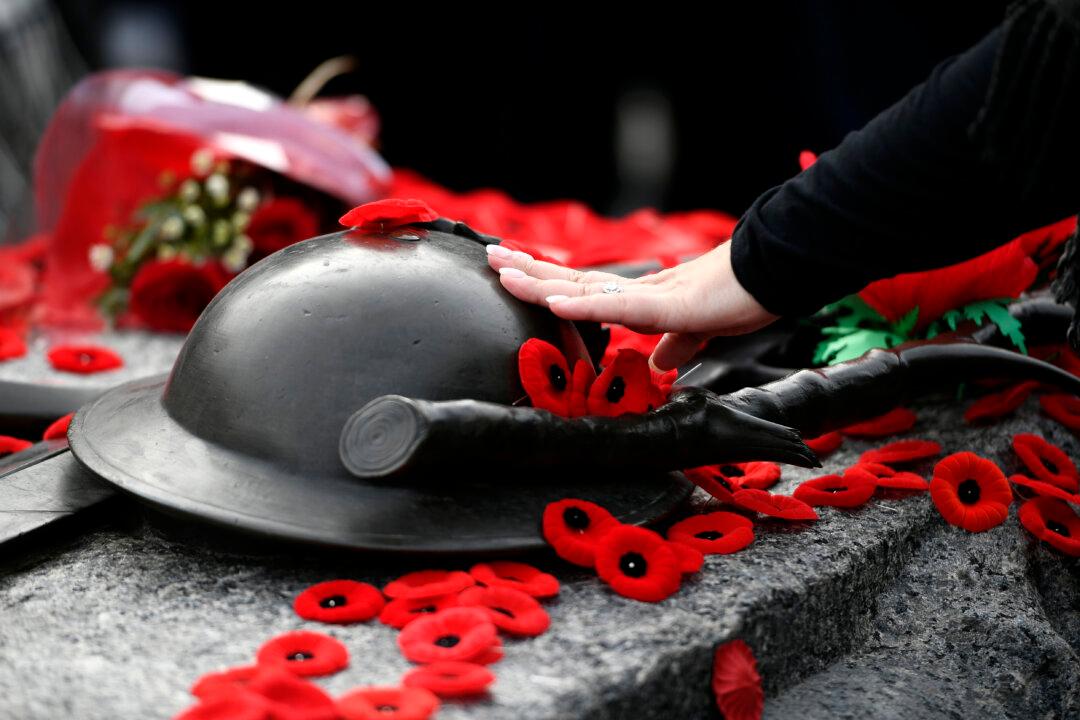Ill and injured veterans were being warned to anticipate longer-than-normal wait times and delays as federal public servants—including hundreds of Veterans Affairs Canada employees—remained on the picket lines heading into the weekend.
The Union of Veterans Affairs Employees is part of the Public Service Alliance of Canada, whose more than 100,000 members walked off the job on Wednesday after failed labour negotiations with the federal government.





